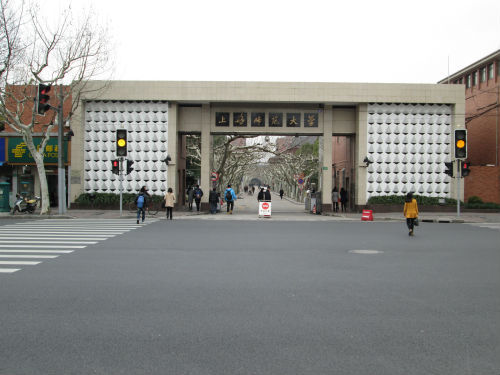
Shanghai is the largest city in China; تعلیم کے میدان میں جو اس شہر کے طالب علموں پیسا میں چارٹ کے سب سے اوپر ختم ہو گیا اس حقیقت سے آگاہ نہیں ہے 2009 امتحان? اس کے بعد سے, educators from all over the world have travelled to this dynamic city to better understand the strategies that have kept Shanghai at the forefront of education reform. The first thing you note as an observer in Shanghai is that education success has much to do with societal and family beliefs in the immense value of being well-educated. China has a long tradition of respect for education. Exams are still a very important part of the learning process but what else are educators working on to improve the students’ education experience and promote a 21st century approach to learning? On a recent trip to the city, I had the pleasure of meeting with Xu Jinjie, (Lecturer at Shanghai Normal University) and Zhu Xiaohu (PHD Candidate Assistant Professor – Institute for Basic Education Research, تعلیمی سائنس کے شنگھائی اکیڈمی) to discuss some of the ways China is combining the best of tradition with innovation.
One of the key headlines we see on Chinese Education in the West is that Chinese students excel in the global standardized tests. وہاں ہے, تاہم, some writers that find deficiencies in China’s education system. Do you think these criticisms are valid?
جھو Xiaohu: China’s education system is always reforming. مثال کے طور پر, پیسا میں 2009, ہم چینی طالب علموں ریاضی میں rote سیکھنے کو پسند نہیں کرتے پتہ چلا ہے کہ. Most teachers don’t believe in rote learning and encourage students to be creative. But examinations have a thousand year old history in China. So it is deeply engrained in the culture. And I don’t believe that tests are always a bad thing. It is about the content of the test. We want to give students more chances and more choices when they take examinations. مثال کے طور پر, we are now doing some work on this in Zhejiang province in Shanghai. It’s a pilot for a new student achievement assessment, which will be more about producing a portfolio.
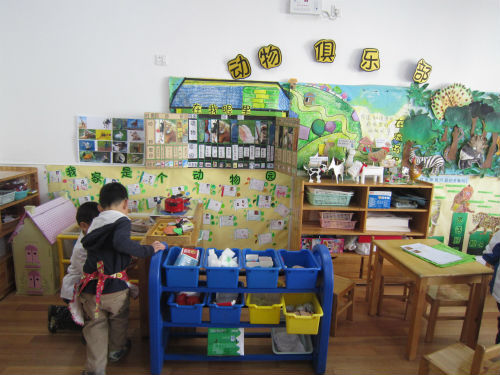
There are a lot of teachers around the world that would love to hear more about that.
سو Jinjie: I think you have to consider this question of test reform in context, اگرچہ. In the developed regions of China such as Shanghai, our government is starting to reconsider strict testing practices, but in the rural areas, doing well on strict testing is the only way for the poor children to proceed.
What do you think about the way technology continues to change the way students learn, which is allowing students more access to information anytime, anyplace, کہیں بھی?
سو Jinjie: We believe that basic knowledge and basic skills, even with the technology changing our world, are still key parts of school learning. Take for example, the multiplication tables, they are very special in China. Every student in primary school has to memorize them. Even though we know that they can calculate with a calculator or a computer, we ask our students to remember their multiplication tables. Some educators believe that this kind of mental calculation is the basis for higher mathematics learning. So it’s not just a skill, it’s a basic need for advanced learning. In addition to that, we emphasize students’ imagination and creative thinking skills. For example in primary school education, the Shanghai government asks that each school provide one half day each week to offer all kinds of activities for the students to choose from. We want to let students have time to explore their own interests and to make their own choices in learning, and so we give them chances to do that. But it can be difficult to evaluate and assess creativity.
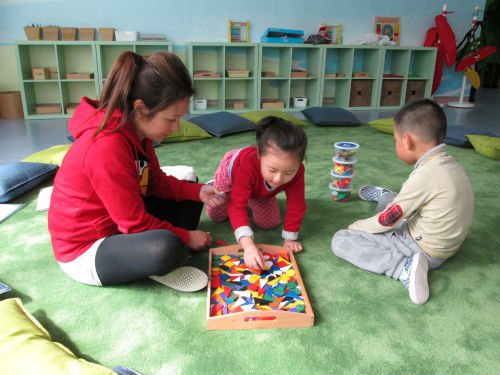
امریکہ میں, there has been more focus recently on making sure preschool programs are available to all children. What support is currently being offered by the Chinese government to support universal preschool?
جھو Xiaohu: If you want to send your child to preschool, it’s easy! It’s not so expensive because most of the kindergartens are public here.
سو Jinjie: چونکہ 2010, Shanghai has set up another hundred preschools and is expanding the scale of public preschools to assess and educate more kids from migrant labor force families. So our government really has put the right policies in place.
جھو Xiaohu: اصل, the emphasis on preschool education in Shanghai now is not whether the children can or cannot go to the kindergarten. It is more about what should we teach the children in kindergarten. Several years ago, the preschool education was very similar to the primary school. In kindergarten, the children learned mathematics, Chinese and other academic subjects. But now we believe this is not good because the most important thing for preschool education is to allow students to develop good habits. Socialization versus academic knowledge should be the main emphasis.
When my children went to preschool I recall there were mothers who would get annoyed if there were no worksheets and then there were mothers who would get annoyed if there were too many worksheets! And this was naturally an ongoing debate between the parents.
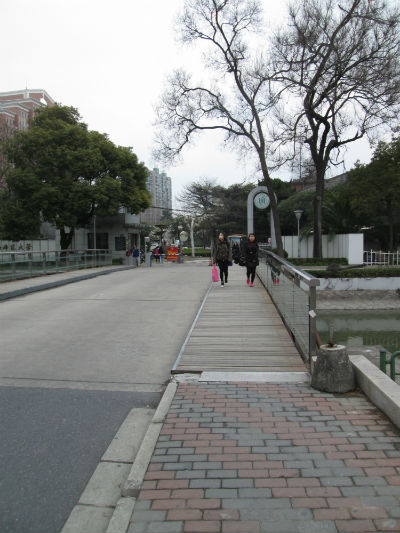
Let’s talk a little about higher education. There is a huge study abroad trend here in China with many students wanting to attend the US higher education institutions. I wonder why more students don’t consider the higher education universities options in China?
جھو Xiaohu: Since the United States and Europe are developed countries, we need to learn and catch up with them. The Chinese have to know Western culture as it benefits our economy and our nation. So China must participate in that world, and we believe this is a good thing. But as our economy develops, we believe many more students will study abroad in China. The trend is already shifting now. People want to learn Chinese as it also gives them better opportunities to do well in global business.
سو Jinjie: Our Ministry of Education in Beijing has already started to pay attention to this issue. Last year our center was authorized to undertake a program for the MOE – تعلیم کی وزارت – as to how to integrate the credit of learning between different education solutions that have been identified. مثال کے طور پر, if a student studies in America for one year and then studies in China for the second year, we are in the process of figuring out how to recognize the learning credit in Shanghai. The government is thinking about this too that is the recognition of cross-cultural learning credits which promote the internationalization of higher education. Also there are various schools setting up alliances between nations, for example NYU Shanghai, and these schools are changing the landscape of higher education.
جی ہاں, students are being raised as global thinkers and so they won’t necessarily study in their own country for their entire academic career any longer. The value of those face-to-face experiences in other cultures is becoming ever more critical. Thank you both for your time.

(تمام تصاویر سی کے سوپیی ہیں. M. روبن)
سر مائیکل باربر سمیت میرے ساتھ اور عالمی سطح پر معروف فکری رہنماؤں (برطانیہ), ڈاکٹر. مائیکل بلاک (امریکہ), ڈاکٹر. لیون Botstein (امریکہ), پروفیسر مٹی Christensen کے (امریکہ), ڈاکٹر. لنڈا ڈارلنگ-ہیمنڈ (امریکہ), ڈاکٹر. MadhavChavan (بھارت), پروفیسر مائیکل Fullan (کینیڈا), پروفیسر ہاورڈ گارڈنر (امریکہ), پروفیسر اینڈی Hargreaves نے (امریکہ), پروفیسر کریں Yvonne ہلمین (نیدرلینڈ), پروفیسر کرسٹن Helstad (ناروے), جین Hendrickson نے (امریکہ), پروفیسر گلاب Hipkins (نیوزی لینڈ), پروفیسر Cornelia Hoogland (کینیڈا), فاضل جیف جانسن (کینیڈا), مسز. چینٹل کوفمین (بیلجیم), ڈاکٹر. EijaKauppinen (فن لینڈ), سٹیٹ سیکرٹری TapioKosunen (فن لینڈ), پروفیسر ڈومینک Lafontaine (بیلجیم), پروفیسر ہیو Lauder (برطانیہ), رب کین میکڈونلڈ (برطانیہ), پروفیسر جیف ماسٹرز (آسٹریلیا), پروفیسر بیری McGaw (آسٹریلیا), شیو ندار (بھارت), پروفیسر R. نٹراجن (بھارت), ڈاکٹر. PAK NG (سنگاپور), ڈاکٹر. ڈینس پوپ (امریکہ), شریدر رازگوپالن (بھارت), ڈاکٹر. ڈیانے Ravitch (امریکہ), رچرڈ ولسن ریلی (امریکہ), سر کین رابنسن (برطانیہ), پروفیسر Pasi Sahlberg (فن لینڈ), پروفیسر Manabu ساتو (جاپان), Andreas کی Schleicher (پیسا, او ای سی ڈی), ڈاکٹر. انتھونی Seldon نے (برطانیہ), ڈاکٹر. ڈیوڈ Shaffer کے (امریکہ), ڈاکٹر. کرسٹن عمیق کر رہے ہیں (ناروے), چانسلر اسٹیفن Spahn (امریکہ), ایوز Theze (LyceeFrancais امریکہ), پروفیسر چارلس Ungerleider (کینیڈا), پروفیسر ٹونی ویگنر (امریکہ), سر ڈیوڈ واٹسن (برطانیہ), پروفیسر Dylan کے Wiliam (برطانیہ), ڈاکٹر. مارک Wormald (برطانیہ), پروفیسر تیو Wubbels (نیدرلینڈ), پروفیسر مائیکل نوجوان (برطانیہ), اور پروفیسر Minxuan جانگ (چین) وہ تمام اقوام کو آج سامنا ہے کہ بڑی تصویر تعلیم سوالات دریافت کے طور پر.
تعلیم کمیونٹی پیج کے لئے گلوبل تلاش
C. M. روبن وہ ایک موصول ہوئی ہے جس کے لئے دو بڑے پیمانے پر پڑھا سیریز کے مصنف ہے 2011 میں Upton سنکلیئر ایوارڈ, “تعلیم کے لئے گلوبل تلاش” اور “کس طرح پڑھیں گے?” انہوں نے تین bestselling کتابوں کے مصنف ہیں, سمیت Wonderland میں یلس اصلی, کے ناشر ہے CMRubinWorld, اور ایک Disruptor فاؤنڈیشن فیلو.
C پر عمل کریں. M. ٹویٹر پر روبن: www.twitter.com/@cmrubinworld


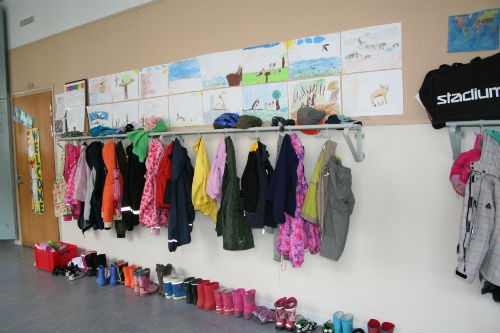
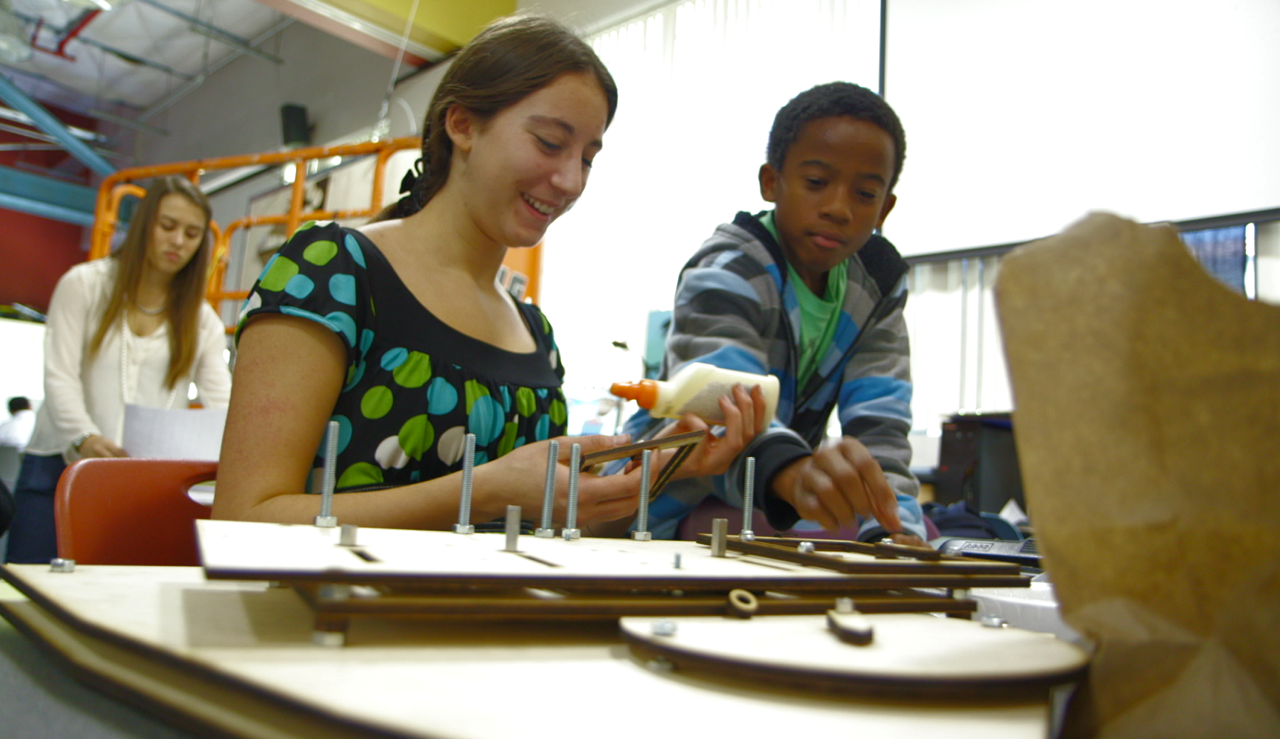

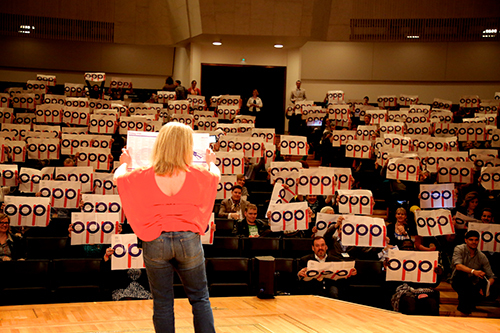
حالیہ تبصرے